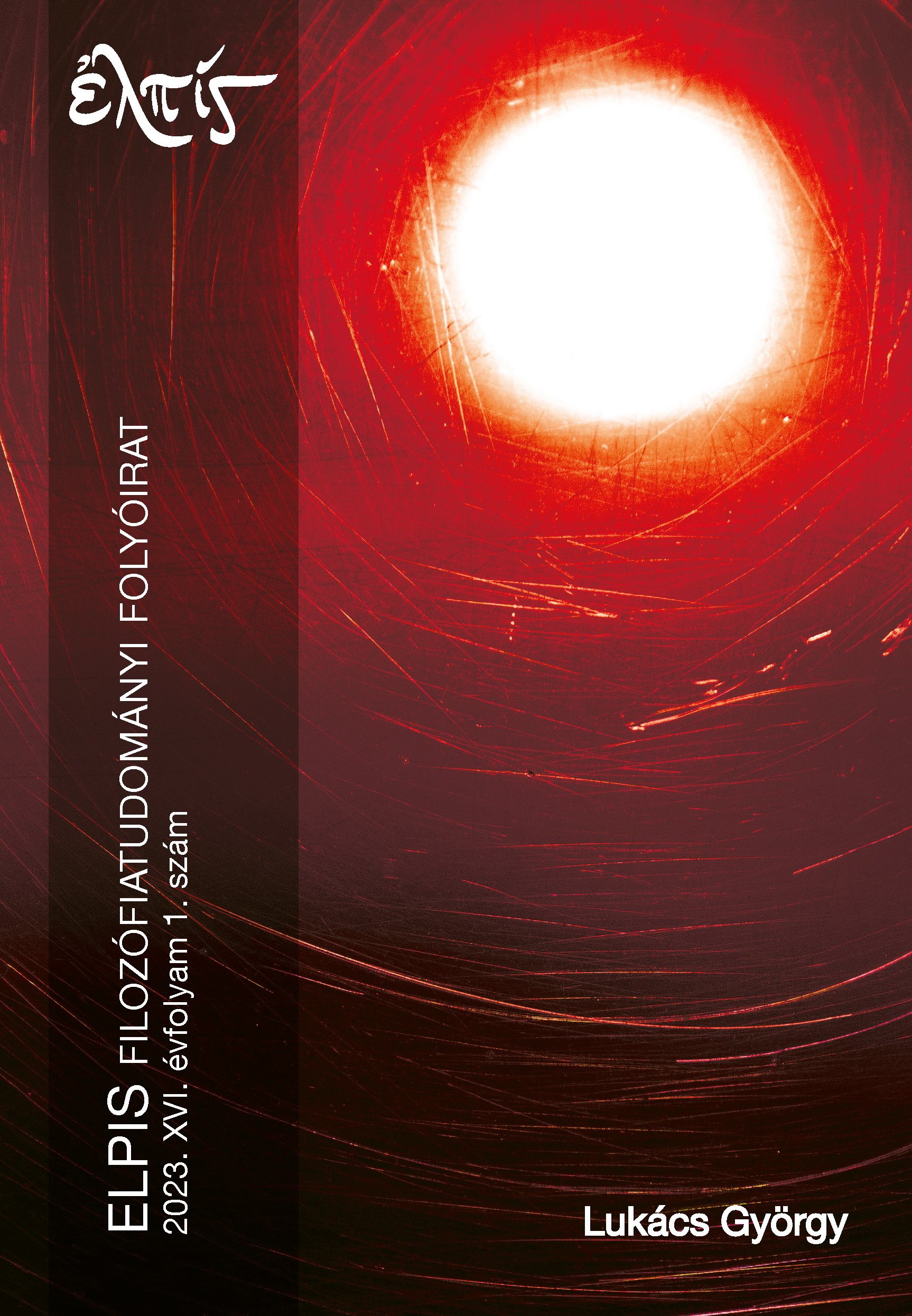The “Experiments” of Giving Form to Life in the Early Essays of Georg Lukács
DOI:
https://doi.org/10.54310/Elpis.2023.1.2Keywords:
Georg Lukács, soul, form, life, tragedyAbstract
In the first period of Georg Lukács’ thought (1903–1918) he used literary criticism to articulate aesthetical, metaphysical-existential questions, as well as to tackle problems related to the philosophy of culture. The essays from this period that are rightly called experiments by Lukács had developed around topics such as the relation between art and life, the possibilities of culture, and the creative men’s alienation from life. These all add up to a larger subject that can be formulated into how can one give form to life. Giving form functions as an ethical imperative asking for reducing diversity to unity, for the “creative arrangement of life-material”. The young Lukács harshly criticizes the culture of his times for not facilitating the form-giving endeavor. However, the hierarchy he poses between form as a mental construct and empirical life, assuming that life is a mere material of form-giving, is just as problematic as the aesthetical culture he criticizes.




